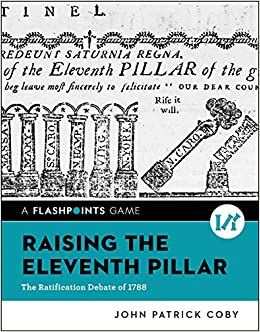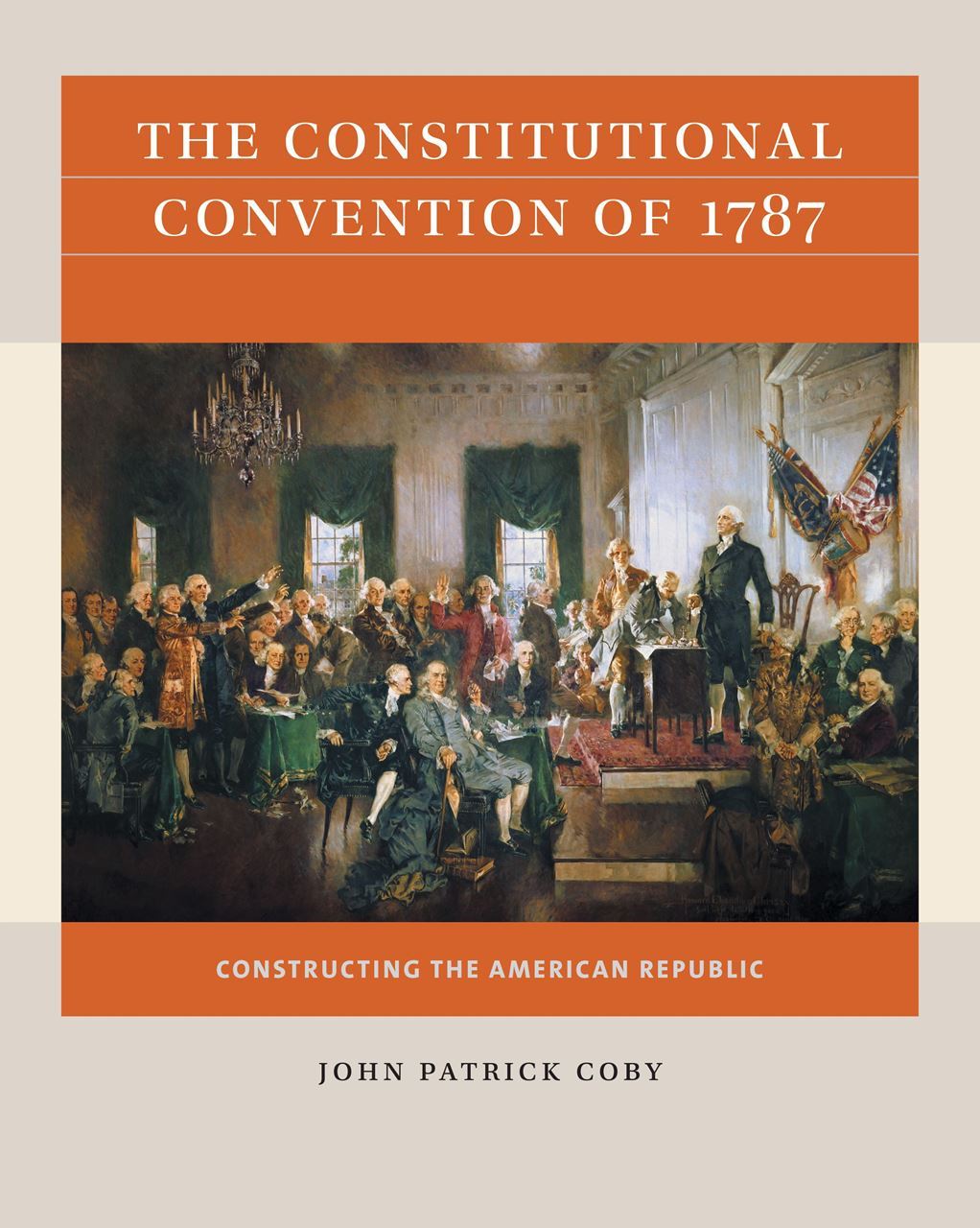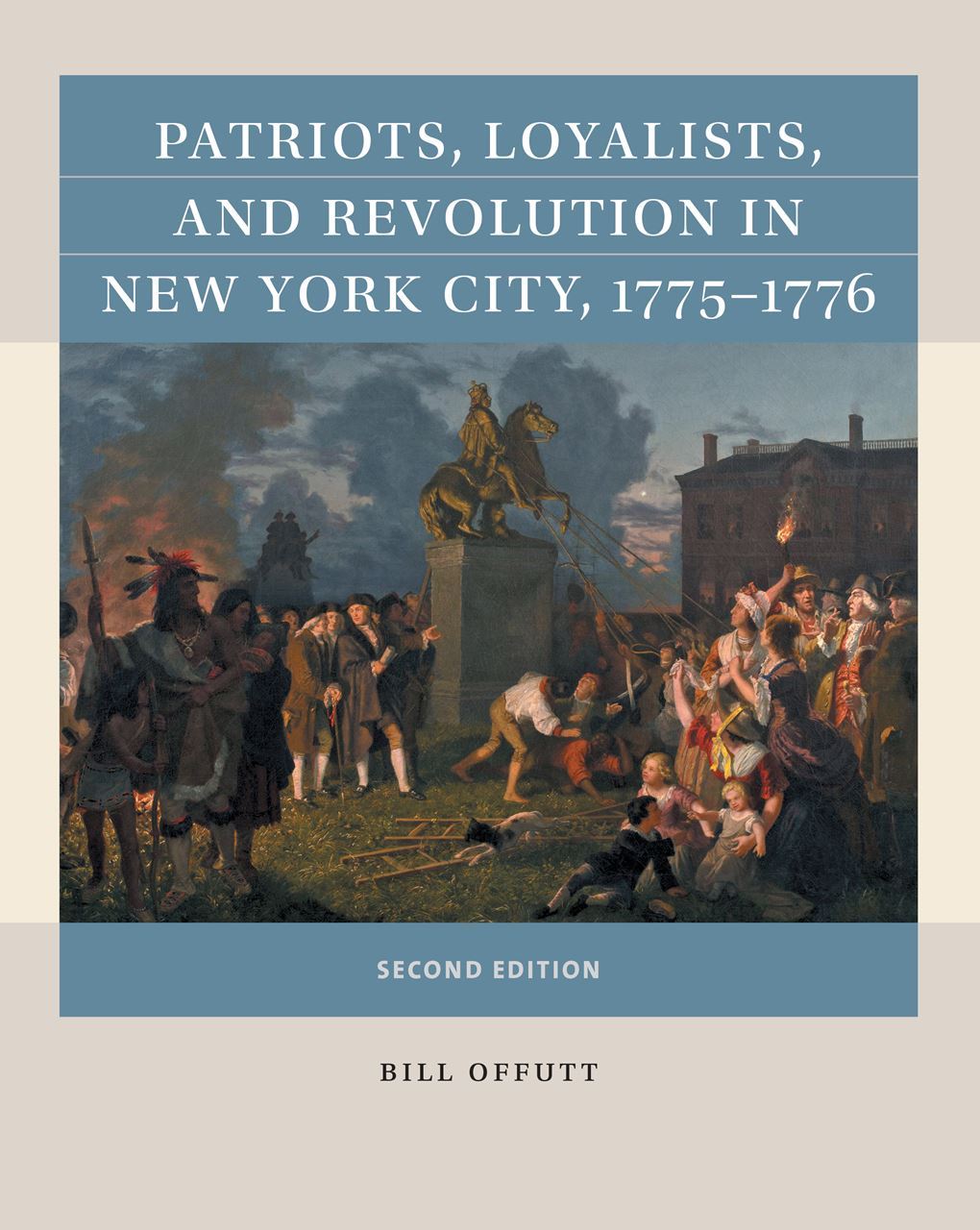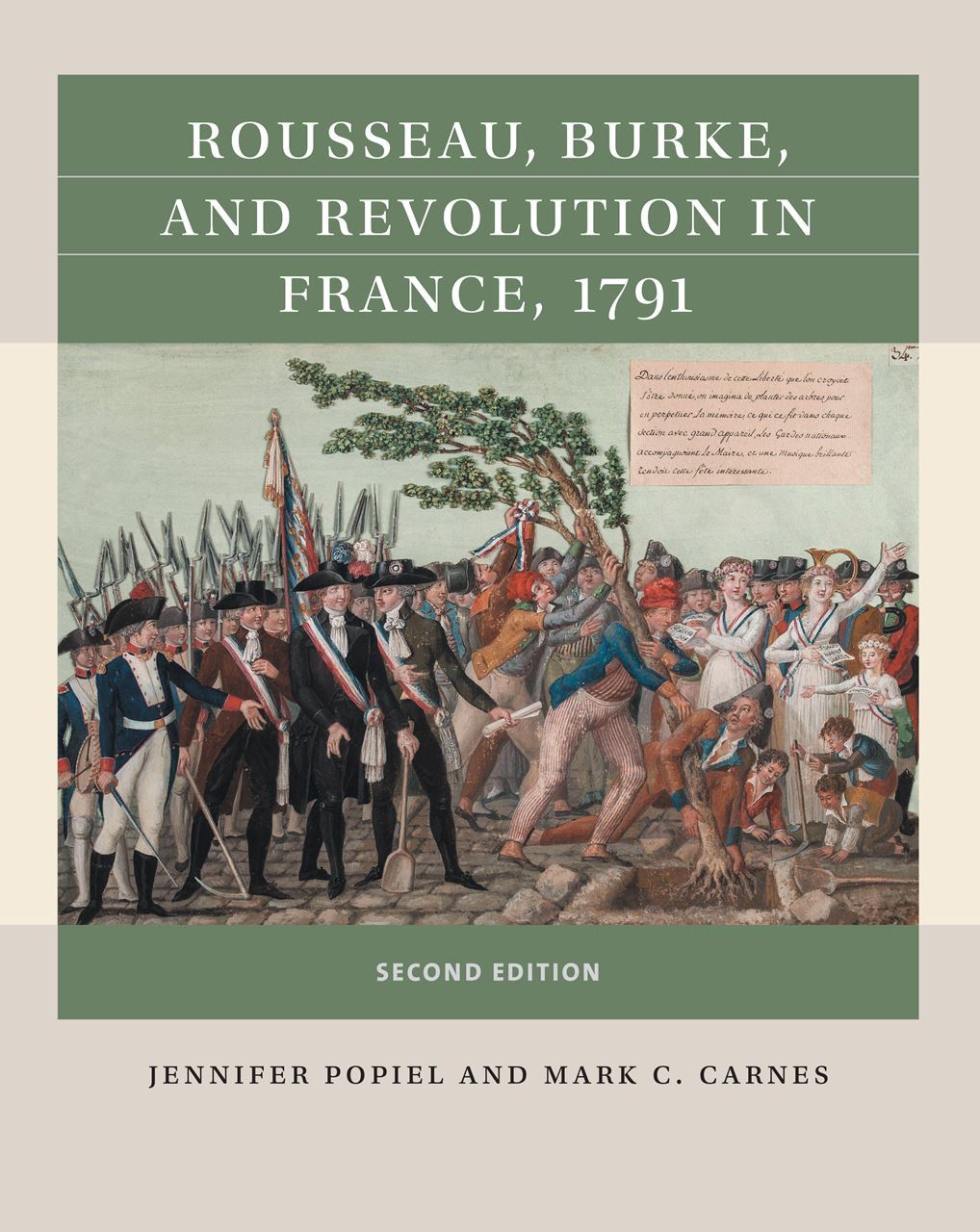 |
In this short game in the Norton Flashpoints series, students sit as delegates to the New York State Ratifying Convention. The time is June-July 1788; the place is the Poughkeepsie courthouse in the Hudson River Valley. Eight states have ratified to date, but a ninth is needed to give effect to the Constitution. The central issue of the game is democratic representation, presented in three phases of debate and organized around three large questions: What are the qualities and obligations of a representative? How are representatives of the preferred type identified and elected? And by what constitutional measures are representatives kept true to their trust, or speedily removed in the event of corruption? Students divide into Federalists (supporters of the Constitution), Antifederalists (opponents of the Constitution), and Moderates. Besides these three faction roles, delegate roles for 35 players are provided, though their use is optional. After examining all aspects of the representation issue, delegates vote to accept or reject the Constitution drafted in Philadelphia the previous summer--assuming, of course, that ideological divisions do not first blow apart the convention. Core-text readings include selections from The Federalist, "Federal Farmer," "Brutus," and the debates of the New York convention. The game is designed as a Reacting to the Past sampler; accordingly, ease of adoption is its distinguishing feature and primary objective. |
Details
|
Using the Game
Class Size and Scalability This game is recommended for classes with 7-700 students (i.e., the game has no upper limit on class size). |
Gamebook Students need a Gamebook, which includes directions, resources, and historical content. The Eleventh Pillar Gamebook is published by W. W. Norton. ISBN: 978-0-393-53303-3 | Instructor's Manual The Instructor's Manual includes guidance for assigning roles, presenting historical context, assignments, activities and discussion topics, and more. | Role Sheets and Additional Materials Students also need a Role Sheet, which contains biographical information, role-specific resources or assignments, and their character's secret victory objectives. |
John Patrick Coby John Patrick Coby is the Esther Booth Wiley 1934 Professor of Government at Smith College, where he teaches courses in political theory and American political thought. He is the author of six books and numerous journal articles, book chapters, and book reviews. Included among his books are Socrates and the Sophistic Enlightenment: A Commentary on Plato’s Protagoras; Machiavelli’s Romans: Liberty and Greatness in the Discourses on Livy; and, in the Reacting to the Past Series, The Constitutional Convention of 1787: Constructing the American Republic. At Smith he is the recipient of three teaching prizes: the Smith College Faculty Teaching Award, the Sherrerd Prize for Distinguished Teaching, and the Board of Trustees Honored Professor Award. | Reacting and Related Titles |
Members can contact game authors directly if they have questions about using the game. We also invite instructors join our Facebook Faculty Lounge, where you'll find a wonderful community eager to help and answer questions.
|
|
|



